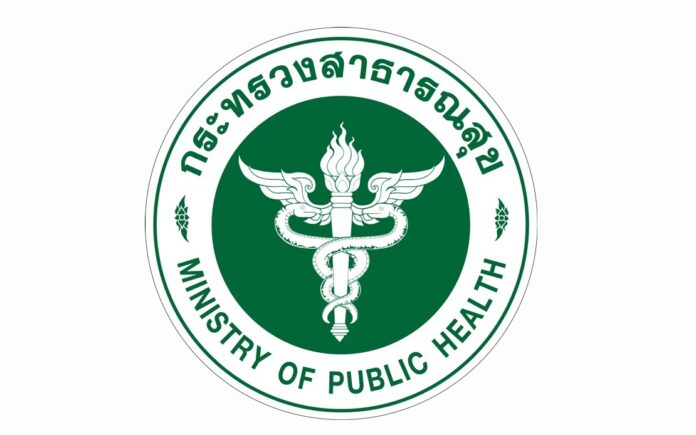BANGKOK, May 29 — Thailand’s Public Health Ministry is closely monitoring 12 individuals including flight attendants and passengers who had close contact with a monkeypox patient while in transit here.
They are all currently under quarantine here.
Director of the Department of Disease Control’s epidemiology Division Dr Chakkarat Pitayawonganon said the passenger was at a airport in Bangkok before getting on a connecting flight to Australia where he was later tested positive for monkeypox.
“To date, all 12 individuals have not shown any symptoms over the past seven days. However, we will closely monitor their conditions for another two weeks as the incubation period can extend to 21 days,” he said.
He added that the confirmed case only developed monkeypox symptoms in Australia, where the diagnosis was made.
Meanwhile, Dr Chakkarat said no cases of monkeypox have been detected in the kingdom, thus far.
He said five suspected cases of monkeypox in Phuket have tested negative.
“They were infected with herpes simplex virus (HSV). They are receiving treatment at the Bamrasnaradura Infectious Diseases Institute,” he said.
Meanwhile, the National Parks, Wildlife and Plant Conservation Department (DNP) has stepped up screening of wildlife imports at airports in a bid to contain the spread of monkeypox in the kingdom.
Bangkok Post reported that DNP is seeking to restrict imports of wild animals until monkeypox-control measures are in place.
Meanwhile, Director of the Convention on International Trade in Endangered Species of Wild Fauna and Flora (CITES) wild animals and plants protection division, Prasert Sornsathapornkul said monkeypox had been added to the list of diseases for screening in DNP’s regular surveys of monkey.
He said DNP’s staff were told to take precautionary measures including wearing gloves and protective footwear during checks on monkeys.
The World Health Organisation (WHO) said the ongoing monkeypox outbreak poses a moderate risk to global public health.
It said a total of 257 confirmed cases and 120 suspected cases have been reported in 23 nations where the virus is not endemic, as of May 26.
The situation is evolving rapidly and WHO expects that there will be more cases identified as surveillance expands in non-endemic countries, as well as in countries known to be endemic which have not recently been reporting cases.



















